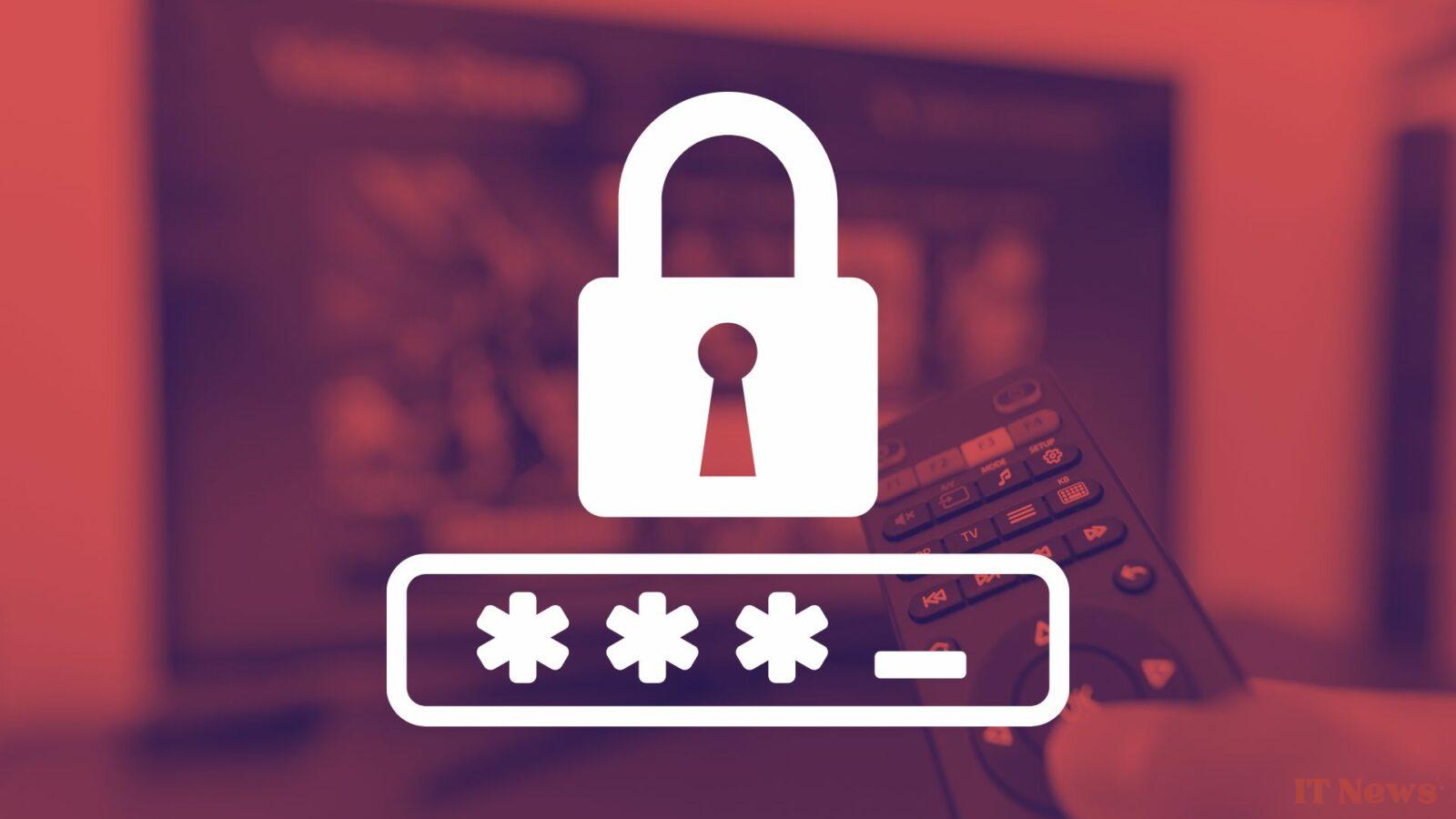It's time to change your passwords on subscription streaming apps. In May 2025, cybersecurity firm Kapersky announced that more than 7 million passwords were compromised in 2024. This isn't data stolen directly from companies like Netflix, Disney+, or Amazon Prime, but rather credentials obtained from malware.
Unsurprisingly, access to the red N platform is the most affected worldwide. Brazil is the country most affected by these massive thefts, ahead of Mexico and India. France is not far behind, in fourth place.
On Netflix, no fewer than 5.6 million accounts were compromised last year. The other 1.8 million stolen passwords are spread across major streaming services, such as Disney+ (680,000 accounts), Prime Video (1,607), and Max.
Choosing the right password(s)?
As Kapersky notes, these stolen credentials are not the result of a major data breach at the industry giants. It was user behavior that allowed hackers to access the 7 million stolen passwords. Thanks to malware, the hackers were able to recover this sensitive information. They are most often hidden in unofficial downloads, pirated content, or dubious browser extensions.
To avoid any inconvenience, a stolen Netflix login is a gateway to more serious intrusions, such as banking data theft, identity theft, or financial fraud. It is recommended to choose different passwords for each application and account. For a strong password, it is advisable not to rely on known information, such as last name, date of birth, or place of residence. Instead, you can, for example, use a phrase with no apparent connection to the user, to which you add special characters or numbers. “It’s the stingy Jack!” becomes “C’3stlap1quetteJ@ck!”.
It is also recommended to use a password manager. The solutions offered by Google and Apple are among the most popular, as they are easy to access and secure thanks to two-factor authentication. Third-party applications are also available, such as KeyPassX or 1Password. They allow you to generate ultra-secure random passwords.
Adopt the right reflexes
After changing your passwords, you should adopt the right actions to protect your data. After ensuring that no suspicious activity appears on your accounts, it is important to always check the authenticity of the sites visited using the padlock symbol near the URL. Checking the spelling of links and not clicking directly on addresses sent by email are all reflexes to adopt. For applications, it is essential to always download them from certified stores, GooglePlay or Appstore to name a few.
You should also pay attention to the extensions present when downloading a file. If .exe or .msi extensions are associated with the download, it may contain malware.



0 Comments